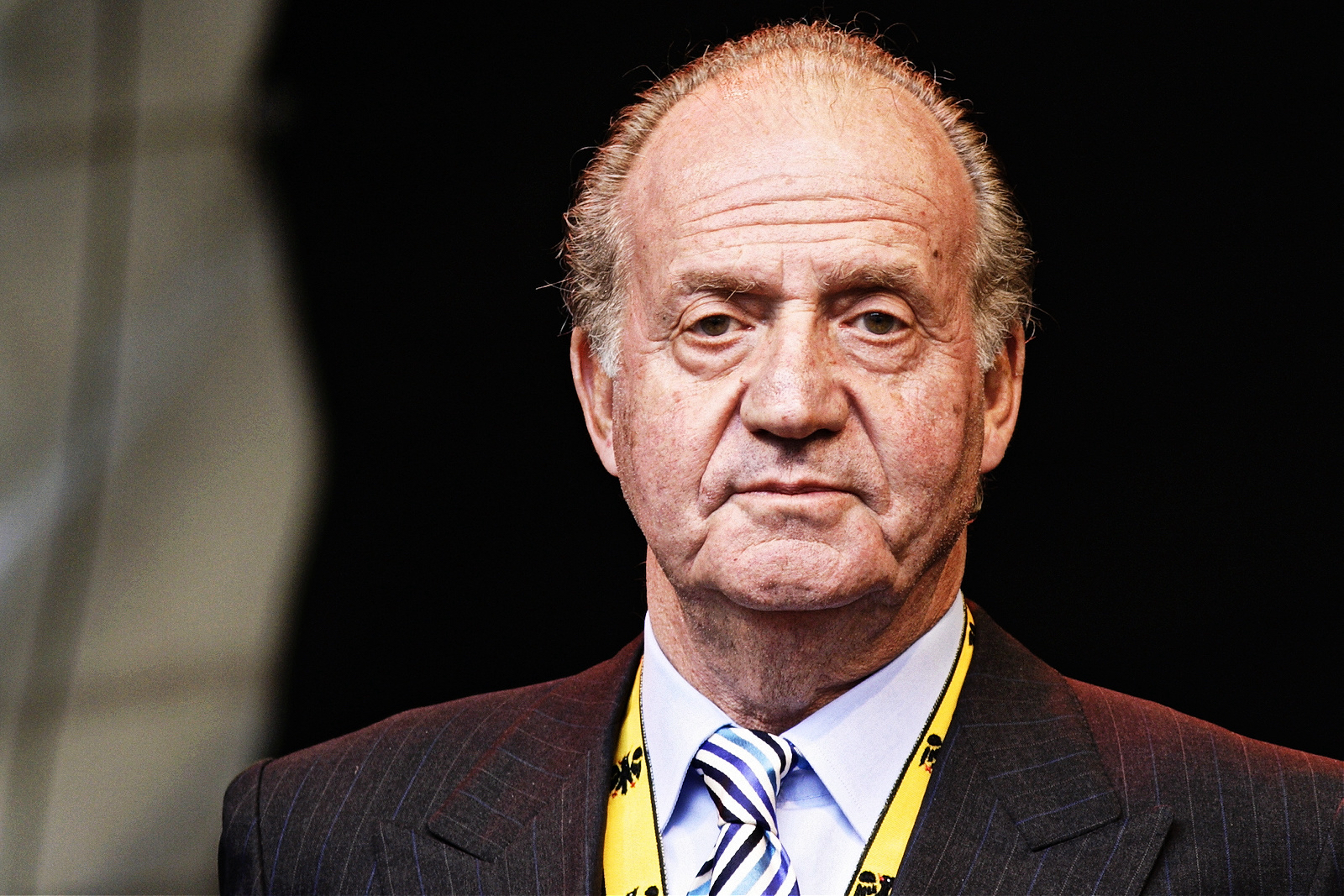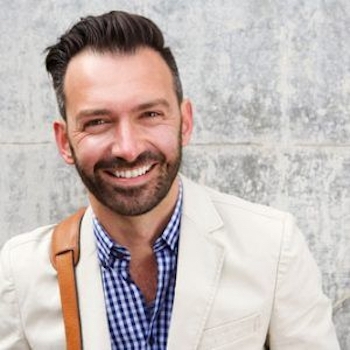
The Quiet Return of Spain’s Former King
The quiet return of Juan Carlos I to Galicia to attend the annual regatta at Sanxenxo comes against the backdrop of a politically divided Spain following national elections that failed to deliver a majority for either of the two major parties.
Since leaving Spain nearly three years ago, Juan Carlos has remained out of the public eye. He has settled his cases with tax authorities and refrained from making media appearances, leaving courtiers in some European palaces to privately acknowledge a textbook response to a crisis that other Royals might copy.
Back at home in Spain, contrary to much of the tabloid-media commentary, Juan Carlos remains popular with large swathes of the population. Among the older generations, he is regarded by many as the father of modern Spain for the historic role that he played in protecting democracy in the country.
Younger Spaniards however have been less sympathetic, unaware of how Juan Carlos became King after an extended period of dictatorship and at a time when it seemed unlikely that Spain would ever return to democracy. More so than ever today, the country was deeply divided along political lines.
Towards the end of the 1970s, Juan Carlos made some very shrewd and strategic political appointments that helped Spain begin to slowly re-engage economically and culturally. The threat to democracy however persisted and reached a crisis point in 1981 with an attempted military coup.
Juan Carlos played a crucial role in halting the coup. Wearing his uniform as Captain-General of the Armed Forces, he gave a powerful televised address giving his unambiguous support for the democratic government and calling for the coup leaders to stand down.
In the ensuing 30 years, Spain went from strength to strength. Research undertaken in 2022 by Concordia Real Española has shown that during Juan Carlos’s reign, billions of economic value was created for Spain, including nearly 2.5 million jobs.
In 2014, hindered by health issues that limited his mobility, Juan Carlos followed other European monarchs by abdicating in favour of his son, King Felipe VI. Shortly after, Juan Carlos’s damaging relationship with Danish socialite Corinna zu Sayn-Wittgenstein-Sayn caused headlines with a series of scandals that led to the deterioration of his public standing. While much of the subsequent media coverage of his life as a private citizen has been grossly exaggerated, supporters of the former King believe that his behaviour was ill-judged but not ill-intentioned.
In the coming days, the political situation in Spain will remain tightly fought over. The share of the vote from Monday’s election means that no party will be able to govern without making major concessions to a more radical partner in a coalition. Cool heads will be needed for Spain to come through this trying period.
The presence of Juan Carlos may serve as a reminder to Spaniards that the country has been through tougher times and has pulled together when needed. As with the royal family in the United Kingdom, the monarchy in Spain has the potential to be a unifying force that connects its people to their proud past. As the most senior member of the family who has given his adult life to Spain and the Spanish monarchy, Juan Carlos may well have a final chapter worthy of his brave actions in 1981.
